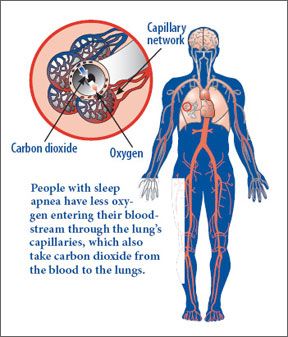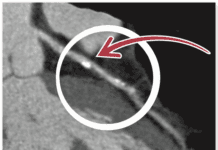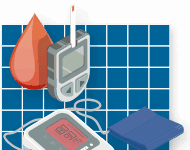Although it often goes undiagnosed, obstructive sleep apnea (OSA)-a condition in which the soft tissues of the throat collapse during sleep, blocking the airway and causing loud snoring-is a far more serious concern than just keeping you and your spouse awake at night. OSA also can lead to cardiovascular problems such as atherosclerosis, high blood pressure, atrial fibrillation, and coronary artery disease, plus it raises the risk of heart attack, heart failure, and stroke. "There is evidence for an increased risk of cardiac disease with sleep apnea," says neurologist William Novak, MD, associate staff physician at Cleveland Clinics Sleep Disorders Center. "It causes low oxygen levels in the bloodstream, which causes elevated carbon dioxide levels. This stimulates a fight-or-flight response, which elevates the blood pressure, and in turn, puts stress on the heart and blood vessels."
To continue reading this article or issue you must be a paid subscriber.
Sign in






